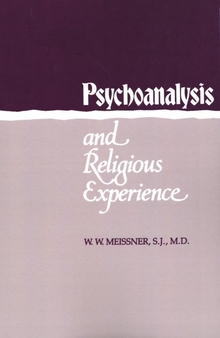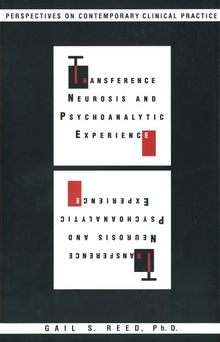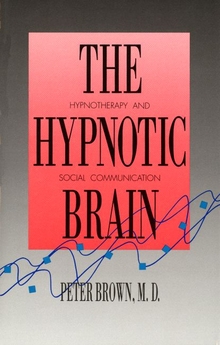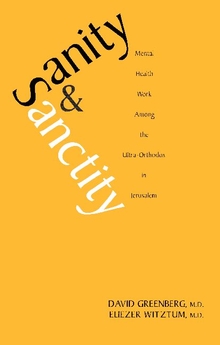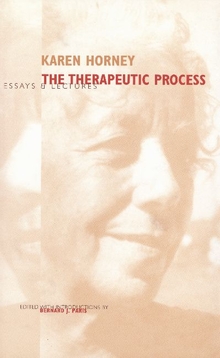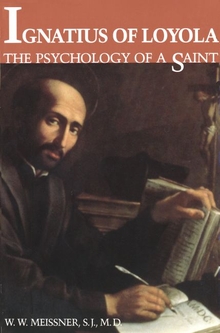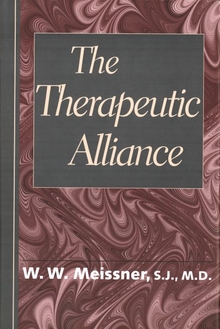Psychoanalysis and Religious Experience
WARNING
You are viewing an older version of the Yalebooks website. Please visit out new website with more updated information and a better user experience: https://www.yalebooks.com
There has been for a long time a powerful opposition between psychoanalysis and religious thinking, both because of the anti-religious attitudes and writings of Sigmund Freud and because of the hostility of theologians to Freud. In this provocative book, W.W. Meissner attempts to bring about a rapprochement between the two fields, by examining Freud’s views on religion in close detail, exploring the dialectical relationship between psychoanalysis and religion, and applying more contemporary concepts in psychoanalysis to the understanding of religious experience.
Meissner, a Jesuit and a psychoanalyst, contends that Freud’s views on religion reflect important psychodynamic influences and unresolved conflicts in his own life, and he analyzes Freud’s religious arguments with an eye not only to their inherent limitations and erroneous assumptions but also to their latent potentialities for deeper and broader-ranging understanding. Meissner discusses Freud’s The Future of an Illusion as well as the progression of Freud’s debate with Oskar Pfister, a pastor whose response to Freud’s argument was published as The Illusion of the Future.
After clarifying the areas where psychoanalysis and religion must remain independent of one another and where they can converge, Meissner demonstrates how the reconciliation of the two fields can be mutually beneficial. He utilizes the resources of a broader developmental perspective and the modern psychoanalytic understanding of transitional phenomena in order to achieve a more insightful and productive view of religious experience.
“Dr. Meissner has written a book which is consistently interesting, often challenging, and impressive for its wide range of scholarship in two fields not often combined in the same work…. Dr. Meissner has done us a service in this scholarly work by demonstrating how two perspectives of the human condition have over the course of the last several decades come to similar conclusions.” –Otto F. Thaler, M.D., Journal of the American Academy of Religion
“A rich and stimulating book addressing important issues that lie at the intersection of psychoanalysis and religion.” –Paul C. Vitz, Contemporary Psychology
“Meissner has made a challenging, useful contribution that will be pondered, applied, and debated. It will undoubtedly also achieve the goal of bringing about more understanding between analysts and theologians.” –Lowell Rubin, M.D., Newsletter, Boston Psychoanalytic Society and Institute
Publication Date: September 10, 1986

